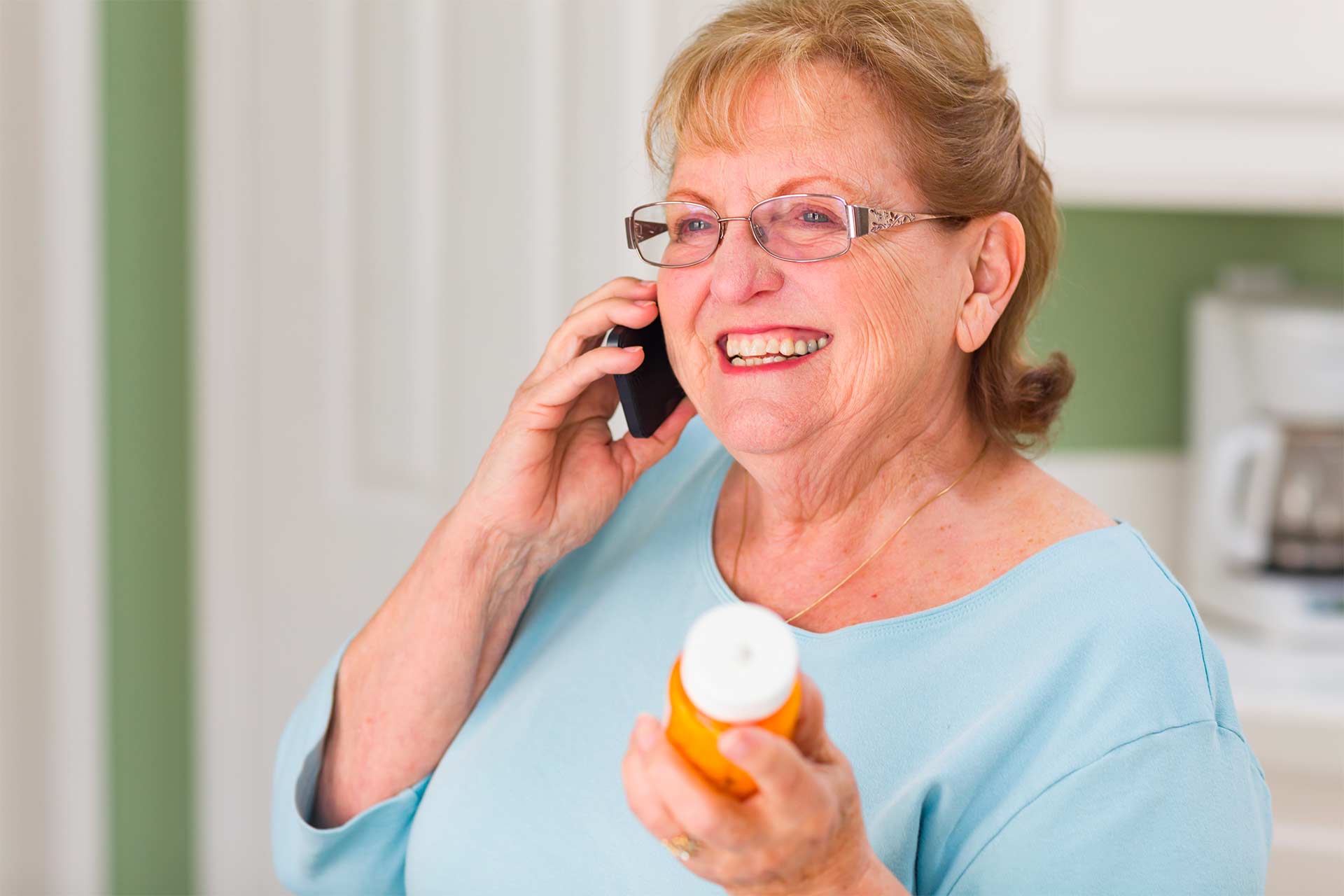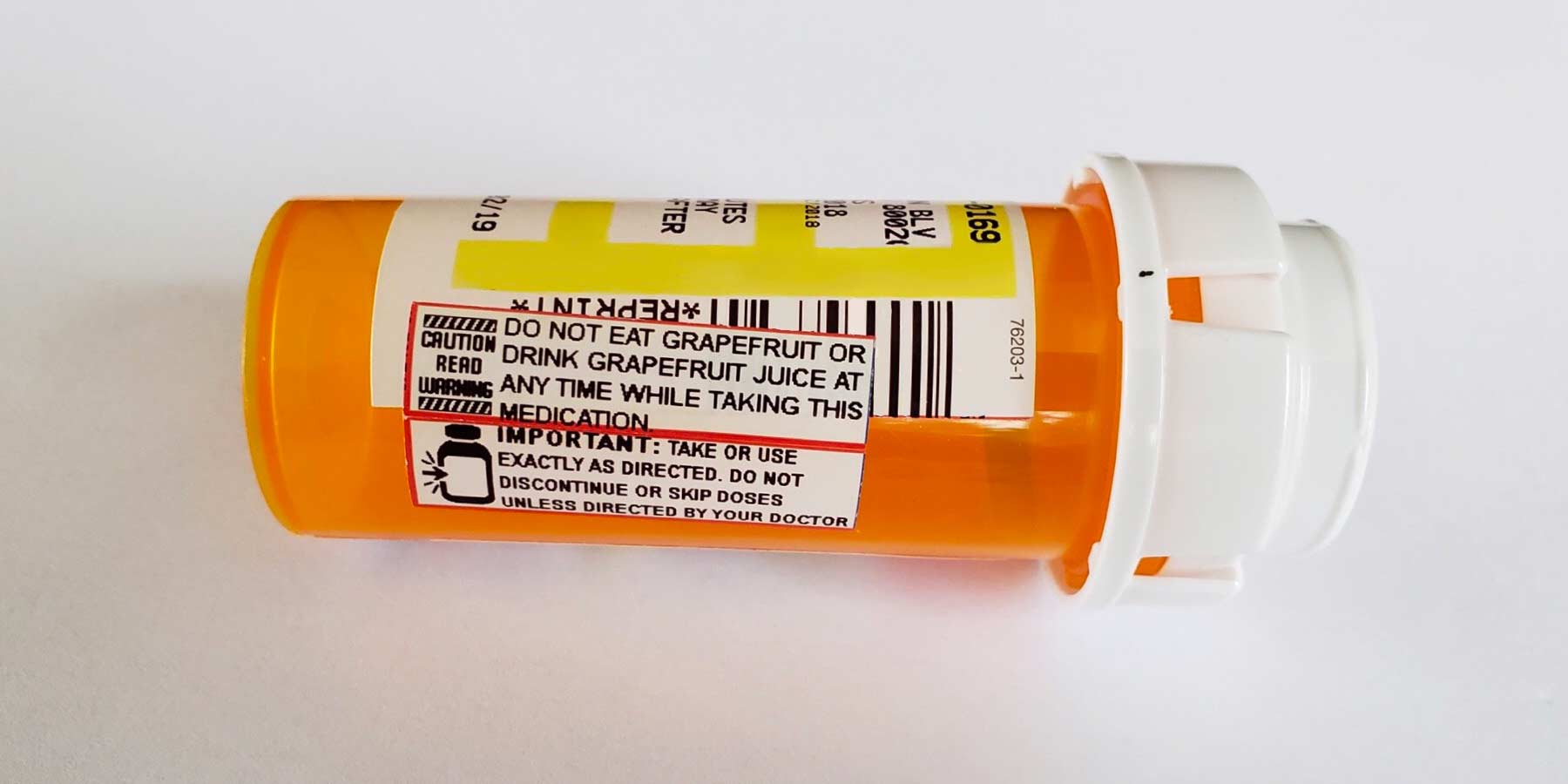Medically reviewed by Katherine Golden, RN
Written by Denise Rustning
Approximately half of all Americans take at least one prescription drug every day, according to a Consumer Reports study. Many more people take non-prescription, over-the-counter painkillers, antacids and other medications.
Not surprisingly, a fair number of these people are seeking alternatives to their medications. In many cases, people are turning to cannabis—either marijuana (cannabis containing >0.3% THC, which is sold legally in dispensaries), or cannabidiol (CBD) hemp products that are sold in retail stores and online.

Thinking About Adding Cannabis to Your Medicine Cabinet?
We always suggest that you talk to your healthcare provider before taking any new medication. That includes CBD hemp or marijuana. Our Leaf411 cannabis-trained nurses can provide education and guidance as well as how to discuss the possibility of adding plant medicine into your regimen with your healthcare team via our free hotline: 844-LEAF411 (844-532-3411).
Also, it’s important to talk to your healthcare provider before stopping any prescription medication. It is imperative that your prescribing physician should always be the one who guides you with stopping or weaning off any pharmaceuticals.
Understanding How Cannabis Interacts with Other Medications
Have you ever wondered why you’re told to not drink grapefruit juice with certain prescription drugs?

When you take medicine by mouth, it passes through your digestive system. The digestive system’s enzymes metabolize (break down) the medicine in your liver so that some of it can enter your bloodstream. The medicine dose takes into account normal digestive processes.
However, grapefruit juice affects several digestive enzymes. It blocks the enzymes’ action, and can result in too much or too little of the drug entering your bloodstream.
What does this have to do with cannabis? Well, the cannabinoids in cannabis—especially CBD—affect your digestive enzymes in a similar way that grapefruit does. In fact, scientists have found that CBD has an even stronger effect on the cytochrome P450 enzyme than grapefruit.
Cannabis, Statins, and Blood Thinners: Use Caution
An emerging area of concern is with cardiovascular medications, including statins and blood thinners. Many of these medications are metabolized by the same liver enzymes as cannabis. As a result, people who use cannabis while also taking statins or blood thinners may end up getting a higher dose of their prescription medicine than they intended, since the liver is breaking down the drug differently than normal.
Does this mean you cannot use cannabis? Not necessarily. The key is to talk with your provider and discuss any changes that need to be made to your medication dosage, frequency or timing. You might consider sharing the link to this article from the Journal of the American College of Cardiology which provides very conservative guidance for doctors to use as a screening tool who have no experience or knowledge about cannabis.
The Benefit of Starting Slow with Cannabis
Not all drugs are metabolized by the same liver enzymes. However, even if you’re taking medications that are not directly impacted by cannabis in your digestive system, it’s worth it to start with a low dose of marijuana or CBD, and to go slow. By starting slow, you can see how the addition of marijuana or CBD impacts your ongoing medications (after checking with a healthcare provider, of course!).
Also, Dr. David Gordon (Dr. Dave), founder of 4Pillars Health & Wellness, notes that people usually only need a small dose of cannabis for therapeutic benefits. This minimizes the risk of side effects. Dr. Dave explains that as an integrative physician, “We start with just a small amount, just to stimulate our own internal system. These are dosages that often don’t cause any intoxication or have any significant interaction.”
Dr. Dave is experienced at looking up potential interactions with medicinal cannabis. He’s found that most drug interactions don’t preclude someone from using cannabis, though he notes that drug doses may need to be adjusted. (You can read more from our recent interview with Dr. Dave here.)
Getting Answers to Your Cannabis Questions
Our Leaf411 hotline nurses have special training on cannabis-medication interactions. They also have access to a robust database of research.
We encourage you to call our free hotline at 844-LEAF411 (844-532-3411) with your questions about how CBD or marijuana may interact with other medications you are taking.
